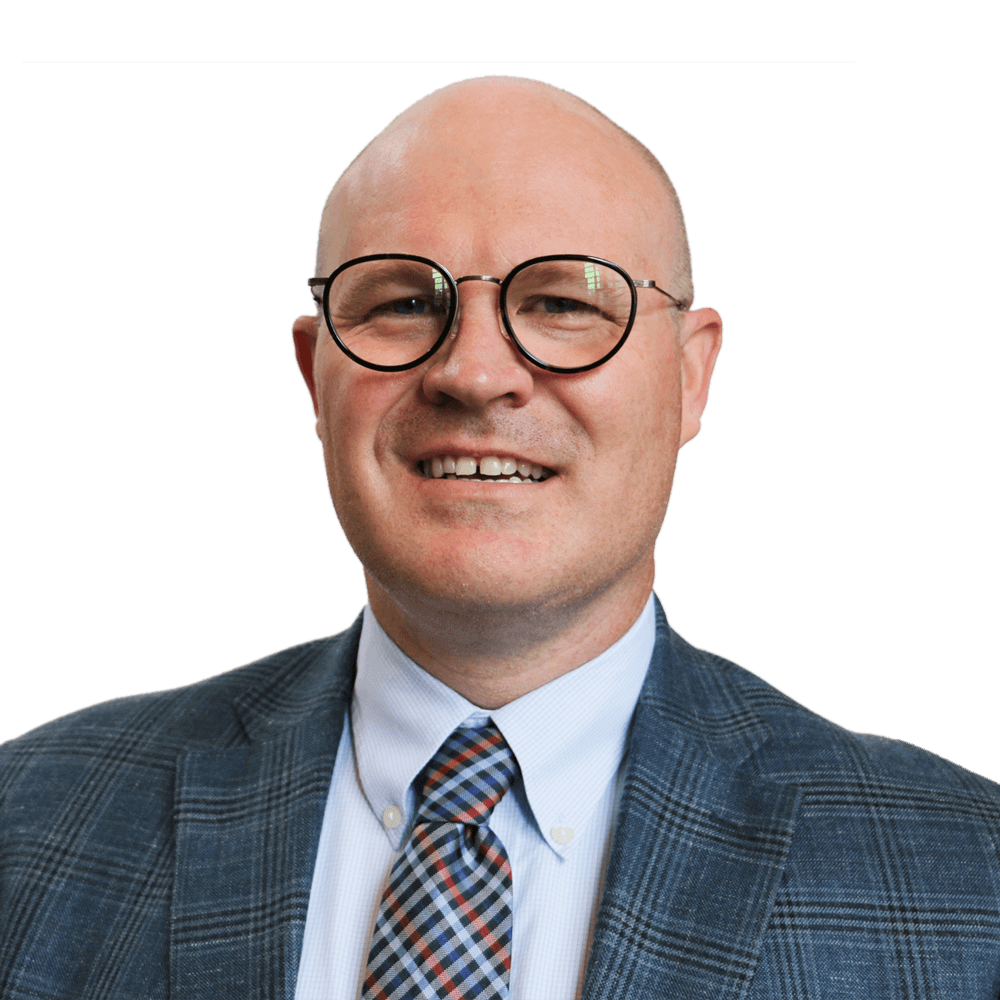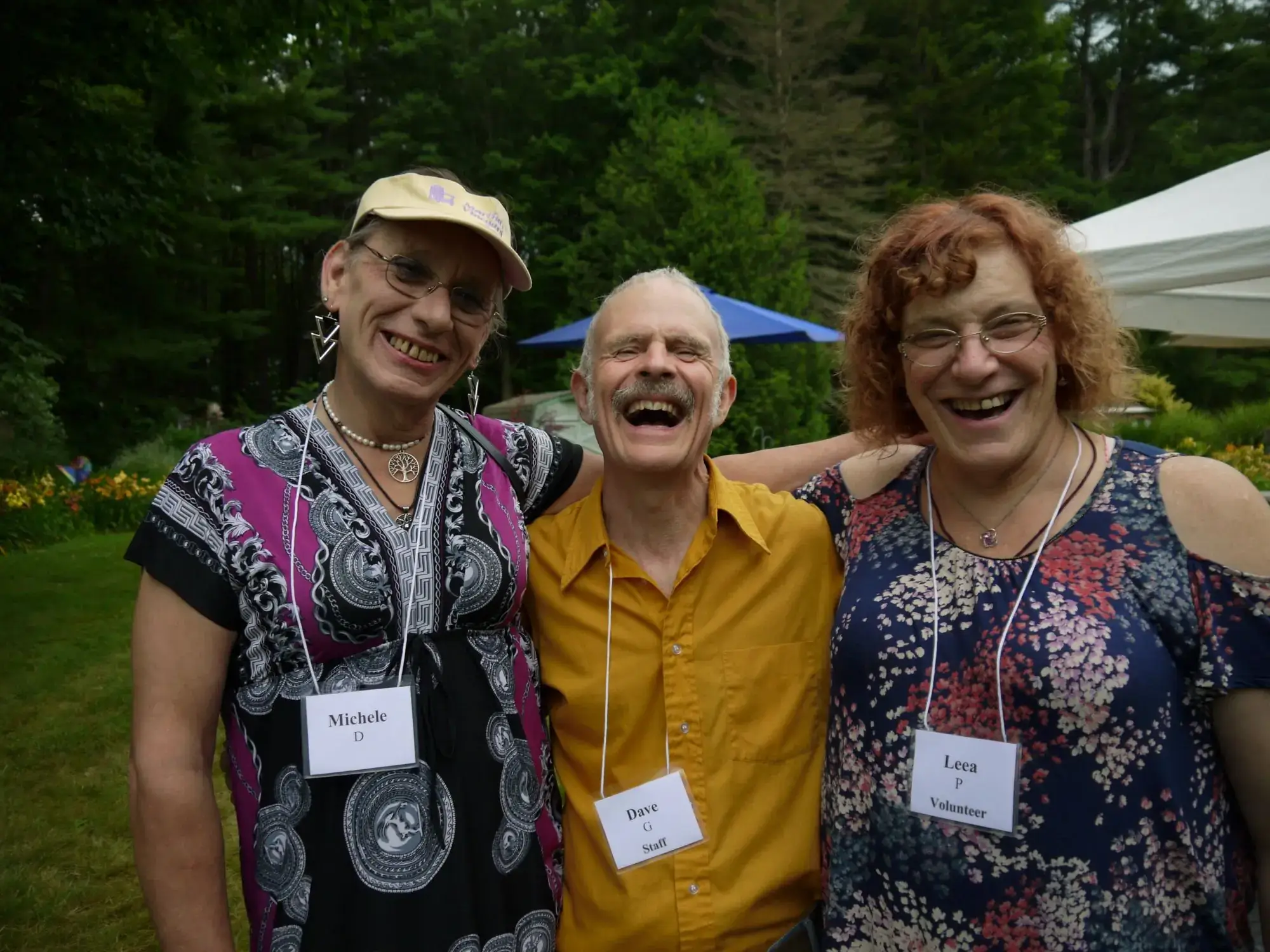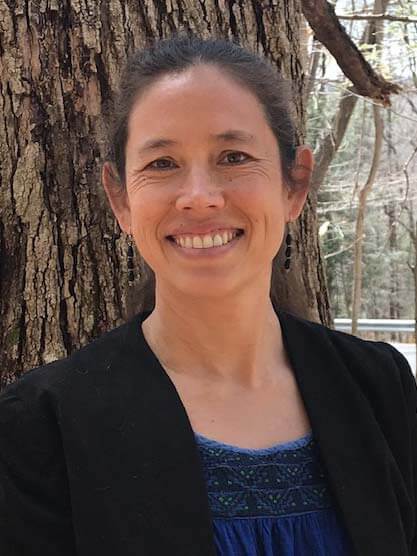November is National Family Caregiver Month. When we talk about caregiving, I am always struck by the number of individuals who do not identify as caregivers, but who are certainly doing the work. This could be because caregiving looks different to everybody; children caring for their parents, grandparents caring for their grandchildren, chosen family caring for one another, and many other variations. There are upwards of 40 million caregivers in the U.S., and the number is growing as our population ages.
Regardless of the arrangement, there are common themes. It can be hard to balance the care a recipient needs with your own needs as a caregiver. Most caregivers do not have any formal training and little to no formal support. No two situations are the same, and circumstances are fluid, sometimes changing at the least convenient times. Caregiving is a delicate dynamic that can be easily upset by a number of forces. We hear a lot about the “sandwich generation,” who are caring for their parents or older relatives while simultaneously caring for their own children. Caregiving can be emotionally, mentally, and physically draining, and can take a toll financially. And a cruel reality is that the hours dedicated to caregiving increase as the caregiver ages.
People may not realize that LifePath has programming to support folks in caregiving roles, and our dedication to caregiver well-being is central to our mission.
We sometimes see caregivers becoming overwhelmed, or losing their sense of self. The caregiver may unintentionally put everything aside, such as relationships with family and friends, activities that bring them joy, exercise and eating well, attending their own medical appointments, and other activities, and it sometimes happens in such a gradual way that folks don’t realize it’s happening. This can lead to depression and other mental health concerns, and can exacerbate or create physical ailments.
Many caregivers find themselves in a constant state of just surviving, and cannot fathom taking the time they need to care for themselves, even in small ways. Fortunately, there are supports available to help ease the daily strain. People may not realize that LifePath has programming to support folks in caregiving roles, and our dedication to caregiver well-being is central to our mission.
One of our most popular programs with caregivers is Meals on Wheels (MOW). Beyond the obvious benefit of a nutritious meal delivered to someone’s home is the comfort that comes from knowing that someone is checking in on your loved one at each delivery. Many times, our MOW drivers have been able to determine that someone is in need of help. Help may be an emergency call to first responders, calling someone’s family member or friends to come by, or sharing information with a MOW recipient’s case manager that could result in further assistance or services. Many caregivers are working jobs outside of caregiving, and they tell us repeatedly that knowing that someone is checking in on their loved one daily provides comfort and reassurance.
The Community Engagement Center (CEC) is another LifePath program that has been transformative for caregivers. This grant-funded program provides supervised, engaging day programming and respite from the work of caregiving. Activities vary and include music and art, craft projects, shared meals, puzzles and games, and movement activities. Participants can choose their activities, and activities are designed to be engaging for different levels of capability. Caregivers report that the CEC has allowed them to attend appointments for themselves, complete tasks or activities, engage with family and friends, and take the time to do other things they enjoy. They appreciate the community that has been created in the CEC, with participants sharing that they enjoy coming in and being with their friends. Caregivers also remark on the support that they are receiving from the LifePath team and one another.
These are only two programs that provide necessary support, and are components of a comprehensive slate of LifePath offerings.
While this month’s focus is family caregiving, I also want to acknowledge all of the paid caregivers in our community and beyond who are giving their best under demanding circumstances. Sometimes they are providing care in conjunction with others, or even a whole team. Sometimes they are doing everything they can solo. Regardless, the service they provide is essential. In talking with caregivers across our area, many mention how fulfilling and rewarding the work is. They talk about the difference they make in people’s lives, sometimes coming to the scene at very difficult times. They frequently mention the friendships they’ve made along with the memories they cherish.
Regardless if you are a paid or unpaid caregiver, asking for help is not an admission of failure and is absolutely not a sign of weakness. It is plainly unrealistic to think that one person can meet every need that another person may have. I encourage caregivers to explore resources such as the Family Caregiver Support Program, offered by the Massachusetts Executive Office of Aging & Independence. It is a great first stop to learn more, and can be a valuable resource for information, to access no-cost counseling and training, and provide information on respite care. Another useful resource is the AARP, which has a tremendous amount of helpful information on their website. The U.S. Department of Health and Human Services also has a comprehensive webpage of resources for caregivers.
We realize that not everyone has easy access to online resources, and that the wide variety of information can be overwhelming. Contact LifePath’s Information and Caregiver Resource Center via phone at (413) 773-5555 or email info@LifePathMA.org to learn more about Meals on Wheels, the Community Engagement Center, or any other LifePath programming.





